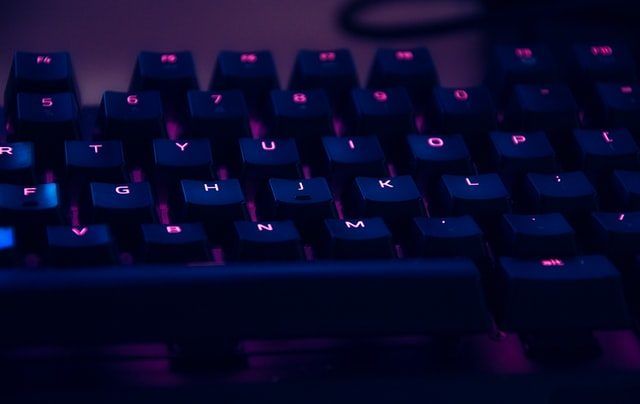In recent years, ‘technology-enhanced learning’, or ‘TEL’, has become a widely accepted term in the UK and Europe for describing the interface between digital technology and higher education teaching, to a large extent taking the place of other recently popular terminologies such as ‘e-learning’, ‘learning technology’ and ‘computer-based learning’. Yet there has been little critique in the literature of the assumptions embedded within the terminology of TEL: rather it has been adopted as an apparently useful, inoffensive and descriptive shorthand for what is in fact a complex and often problematic constellation of social, technological and educational change. This paper subjects the term to a deeper analysis, drawing on insights from critical posthumanism, science and technology studies and Biesta’s critique of the ‘learnification’ of education. In particular, it foregrounds the instrumentalisation of technology enacted by TEL, explores some of the problematic links between TEL and the philosophy of transhumanism, and critiques TEL for failing properly to interrogate its own ontological biases. The paper suggests that we need to be more careful with, and more critical of, the terminology we adopt to describe and determine the field.










